- Home
- Nora Roberts
Waiting for Nick Page 2
Waiting for Nick Read online
Page 2
“Well, in the meantime—” she rose and kissed Rio’s scarred cheek “—Zack wants you to come out when you’re done Nick, and play.”
“I’ll be out in a minute.”
“I’ll tell him. Maybe I’ll hang around for a little while and listen. Bye, Rio.”
“Bye, doll,” Rio whistled a tune as he moved back to his stove. “Little Freddie’s all grown up. Pretty as a picture.”
“Yeah, she’s okay.” Nick resented the fact that whatever spicy scent she’d been wearing was tugging on his senses like a baited hook. “Still wide-eyed, though. She doesn’t have a clue what she’s going to face in this town, in this business.”
“So, you’ll look out for her.” Rio thwacked a wooden spoon against his huge palm. “Or I look out for you.”
“Big talk.” Nick snagged his bottle of beer and sauntered out.
One of Freddie’s favorite things about New York was that she could walk two blocks in any given direction and see something new. A dress in a boutique, a face in the crowd, a hustler looking for marks. She was, she knew, naive in some ways—in the ways a woman might be when she had been raised with love and care in a small town. She could never claim to have Nick’s street smarts, but she felt she had a good solid dose of common sense. She used it to plan her first full day in the city.
Nibbling on her breakfast croissant, she studied the view of the city from her hotel window. There was a great deal she wanted to accomplish. A visit to her uncle Mikhail at his art gallery would down two birds. She could catch up with him and see if his wife, Sydney, might know of any available apartments through her real estate connections.
And it wouldn’t hurt to drop a bug in his ear—and the ears of other family members—that she was hoping to work with Nick on his latest score.
Not really fair, Fred, she told herself, and poured a second cup of coffee. But love didn’t always take fair into account. And she would never have applied even this type of benign pressure if she wasn’t confident in her own talents. As far as her skill with music and lyrics was concerned, Freddie was more than sure of herself. It was only when it came to her ability to attract Nick that she faltered.
But surely, once they were working so closely together, he would stop seeing her as his little cousin from West Virginia. She’d never be able to compete head-on with the sultry, striking women he drew to him. So, Freddie thought, nodding to herself, she’d be sneaky, and wind her way into his heart through their shared love of music.
It was all for his own good, after all. She was the best thing in the world for him. All she had to do was make him realize it.
Since there was no time like the present, she pushed away from the table and hurried into the bedroom to dress.
An hour later, Freddie climbed out of a cab in front of a SoHo gallery. It was a fifty-fifty shot as to whether she’d find her uncle in. He was just as likely to be at his and Sydney’s Connecticut home, sculpting or playing with their children. It was every bit as likely he might be helping his father with some carpentry job, anywhere in the city.
With a shrug, Freddie pulled open the beveled-glass door. If she missed Mikhail here, she’d scoot over to Sydney’s office, or try the courthouse for Rachel. Failing that, she could look up Bess at the television studio, or Alexi at his precinct. She could, she thought with a smile, all but trip over family, any direction she took.
The first thing she noticed inside the small, sunny gallery was Mikhail’s work. Though the piece was new to her, she recognized his touch, and the subject, immediately. He’d carved his wife in polished mahogany. Madonna-like, Sydney held a baby in her arms. Their youngest, Freddie knew, Laurel. At Sydney’s feet, three children of various ages and sizes sat. Walking closer, Freddie recognized her cousins, Griff, Moira and Adam. Unable to resist, she trailed a finger over the baby’s cheek.
One day, she thought, she would hold her own child just that way. Hers and Nick’s.
“I don’t wait for faxes!” Mikhail shouted as he entered the gallery from a back room. “You wait for faxes! I have work!”
“But, Mik,” came a plaintive voice from inside the room. “Washington said—”
“Do I care what Washington says? I don’t think so. Tell them they can have three pieces, no more.”
“But—”
“No more,” he repeated, and closed the door behind him. He muttered to himself in Ukrainian as he crossed the gallery. Words, Freddie noted with a lifted brow, that she wasn’t supposed to understand.
“Very artistic language, Uncle Mik.”
He broke off in the middle of a very creative oath. “Freddie.” With a hoot of laughter, he hoisted her off the ground as if she weighed no more than a favored rag doll. “Still just a peanut,” he said, kissing her on the way down. “How’s my pretty girl?”
“Excited to be here, and to see you.”
He was, like his swearing, wild and exotic, with the golden eyes and raven hair of the Stanislaskis. Freddie had often thought that if she could paint, she would paint each member of her Ukrainian family in bold strokes and colors.
“I was just admiring your work,” she told him. “It’s incredibly beautiful.”
“It’s easy to create something beautiful when you have something beautiful to work with.” He glanced toward the sculpture with love in his eyes. For the wood, Freddie reflected, but more, much more for the family he’d carved in it. “So, you’ve come to the big city to make your splash.”
“I have indeed.” With a flutter of lashes, Freddie hooked an arm through his and began to stroll, stopping here and there to admire a piece of art. “I’m hoping to work with Nick on the score he’s beginning.”
“Oh?” Mikhail quirked a brow. A man with so many women in his life understood their ways well, and appreciated them. “To write the words for his music?”
“Exactly. We’d make a good team, don’t you think?”
“Yes, but it’s not what I think, is it?” He smiled when her lips moved into a pout. “Our Nick, he can be stubborn, yes? And very hard of head. I can knock him in that head, if you like.”
Her lips curved again before she laughed. “I hope it won’t come to that, but I’ll keep the offer in reserve.” Her eyes changed, sharpened, and he could see clearly that she wasn’t so much the child any longer. “I’m good, Uncle Mik. Music’s in my blood, the way art’s in yours.”
“And when you see what you want…”
“I find a way to have it.” Easily accepting her own arrogance, she shrugged her shoulders. That, too, was in the blood. “I want to work with Nick. I want to help him. And I’m going to.”
“And from me you want…?”
“Family support for a chance to prove myself, if it becomes necessary, though I have an idea I can convince him without it.” She tossed her hair back, in a gesture, Mikhail thought, very like his sister’s. “What I do want, and need, is some advice about an apartment. I was hoping Aunt Sydney might have some ideas about a place near Lower the Boom.”
“Maybe she does, but there’s plenty of room with us. The children, you know how they would love to have you with them, and Sydney—” He caught her expression and sighed. “I promised your mama I would try. Natasha, she worries.”
“She doesn’t need to. She and Dad did a pretty good job of raising the self-reliant type. Just a small place, Uncle Mik,” she continued quickly. “If you’d just ask Aunt Sydney to give me a call at the Waldorf. Maybe she and I can have lunch one day soon, if she’s got time.”
“She always has time for you. We all do.”
“I know. And I intend to make a nuisance of myself. I want a place soon. Before,” she added with a gleam in her eyes, “Grandma starts conspiring to have me move in with them in Brooklyn. I’ve got to go.” She gave him a quick parting kiss. “I have another couple of stops to make.” She darted for the door, paused. “Oh, and when you talk to Mama, tell her you tried.”
With a wave, she was out on the street, and hailing another
cab.
Now that her next seed was planted, Freddie had the cab take her to Lower the Boom, and wait as she went to the rear entrance to ring the security bell. Moments later, Nick’s very sleepy and irritated voice barked through the intercom.
“Still in bed?” she said cheerfully. “You’re getting too old for the wild life, Nicholas.”
“Freddie? What the hell time is it?”
“Ten, but who’s counting? Just buzz me in, will you? I’ve got something I want you to have. I’ll just leave it on the table downstairs.”
He swore, and she heard the sound of something crashing to the floor. “I’ll come down.”
“No, don’t bother.” She didn’t think her system could handle facing him when he was half-awake and warm from bed. “I don’t have time to visit, anyway. Just buzz me in, and call me later after you’ve gone over what I’m leaving for you.”
“What is it?” he demanded as the buzzer sounded.
Instead of answering, Freddie hurried inside, dropped her music portfolio on Rio’s table and raced out again. “Sorry to wake you, Nick,” she called into the intercom. “If you’re free tonight, we’ll have dinner. See you.”
“Wait a damn—”
But she was already dashing toward the front of the building and her waiting cab. She sat back, let out a long breath and closed her eyes. If he didn’t want her—her talents, she corrected—after he went through what she’d left for him, she was back to ground zero.
Think positive, she ordered herself. Straightening, she folded her arms. “Take me to Saks,” she told the driver.
When a woman had a potential date with the man she intended to marry, the very least she deserved was a new dress.
Chapter Two
By the time Nick found and dragged on a pair of jeans and stumbled downstairs, Freddie was long gone. He had nothing to curse but the air as he rapped his bare toe against the thick leg of the kitchen table. Hopping, he scowled at the slim leather portfolio she’d left behind.
What the hell was the kid up to? he wondered. Waking him up at dawn, leaving mystery packages in the kitchen. Still grumbling, he snatched up the portfolio and headed back up to his apartment. He needed coffee.
To get into his own kitchen, he expertly stepped over and maneuvered around discarded newspapers, clothing, abandoned sheets of music. He tossed Freddie’s portfolio on the cluttered counter and coaxed his brain to remember the basic functions of his coffeemaker.
He wasn’t a morning person.
Once the pot was making a hopeful hiss, he opened the refrigerator and eyed the contents blearily. Breakfast was not on the menu at Lower the Boom and was the only meal he couldn’t con out of Rio, so his choices were limited. The minute he sniffed the remains of a carton of milk and gagged, he knew cold cereal was out. He opted for a candy bar instead.
Fortified with two sources of caffeine, he sat down, lighted a cigarette, then unzipped the portfolio.
He was set to resent whatever it was that Freddie had considered important enough to wake him up for. Even small-town rich kids should know that bars didn’t close until late. And since he’d taken over the late shift from his brother, Nick rarely found his bed before three.
With a huge yawn, he dumped the contents of the portfolio out. Neatly printed sheet music spilled onto the table.
Figures, he thought. The kid had the idea stuck in her head that they were going to work together. And he knew Freddie well enough to understand that when she had something lodged in her brain, it took a major crowbar to pry it loose.
Sure, she had talent, he mused. He would hardly expect the daughter of Spencer Kimball to be tone-deaf. But he didn’t much care for partnerships in the first place. True, he’d worked well enough with Lorrey on Last Stop. But Lorrey wasn’t a relative. And he didn’t smell like candy-coated sin.
Block that thought, LeBeck, he warned himself, and dragged back his disordered hair before he picked up the first sheet that came to hand. The least he could do for his little cousin was give her work a look.
And when he did, his brows drew together. The music was his own. Something he’d half finished, fiddled with on one of the family visits to West Virginia. He could remember now sitting at the piano in the music room of the big stone house, Freddie on the bench beside him. Last summer? he wondered. The summer before? Not so long ago he couldn’t recall that she’d been grown up, and that he’d had a little trouble whenever she leaned into him, or shot him one of those looks with those incredibly big gray eyes.
Nick shook his head, rubbed his face and concentrated on the music again. She’d polished it up, he noted, and frowned a bit over the idea of someone fooling with his work. And she’d added lyrics, romantic love-story words that suited the mood of the music.
“It Was Ever You,” she’d titled it. As the tune began to play in his head, he gathered up all the sheets and left his half-finished breakfast for the piano in the living room.
Ten minutes later, he was on the phone to the Waldorf and leaving the first of several messages for Miss Frederica Kimball.
It was late afternoon before Freddie returned to her suite, flushed with pleasure and laden with purchases. In her opinion, she’d spent the most satisfying of days, shopping, lunching with Rachel and Bess, then shopping some more. After dumping her bags in the parlor, she headed for the phone. At this time of day, she thought, she could catch some, if not all, of her family at home. The blinking message light caught her eye, but before she could lift the receiver, the phone rang.
“Hello.”
“Damn it, Fred, where have you been all day?”
Her lips curved at the sound of Nick’s voice. “Hi there. Up and around, are you?”
“Real cute, Fred. I’ve been trying to get hold of you all day. I was about to call Alex and have him put out an APB.” He’d pictured her mugged, assaulted, kidnapped.
She balanced on one foot, toeing off her shoes. “Well, if you had, he’d have told you I spent part of the day having lunch with his wife. Is there a problem?”
“Problem? No, no, why would there be a problem?” Even through the phone, sarcasm dripped. “You wake me up at the crack of dawn—”
“After ten,” she corrected.
“And then you run off for hours,” he continued, ignoring her. “I seem to recall you yelling something about wanting me to call you.”
“Yes.” She braced herself, grateful he couldn’t see her, or the hope in her eyes. “Did you have a chance to look at the music I left for you?”
He opened his mouth, settled back again and played it cool. “I gave it a look.” He’d spent hours reading it, poring over it, playing it. “It’s not bad—especially the parts that are mine.”
Even though he couldn’t see her, her chin shot up. “It’s a lot better than not bad—especially the parts that I polished.” The gleam in her eyes was pure pride now. “How about the lyrics?”
They ranged from the poetic to the wickedly wry, and had impressed him more than he wanted to admit to either of them. “You’ve got a nice touch, Fred.”
“Oh, be still my heart.”
“They’re good, okay?” He released a long breath. “I don’t know what you want me to do about it, but—”
“Why don’t we talk about that? Are you free tonight?”
He contemplated the date he had lined up, thought of the music, and dismissed everything else. “There’s nothing I can’t get out of.”
Her brow lifted. Work, she wondered, or a woman? “Fine. I’ll buy you dinner. Come by the hotel about seven-thirty.”
“Look, why don’t we just—”
“We both have to eat, don’t we? Wear a suit, and we’ll make it an event. Seven-thirty.” With her bottom lip caught in her teeth, she hung up before he could argue.
Jittery, she lowered herself to perch on the arm of the chair. It was working, she assured herself, just as she’d planned. There was no reason to be nervous. Right, she thought, rolling her eyes, no reason at all.
She was about to begin the courtship and seduction of the man she’d loved nearly her entire life. And if it went wrong, she’d have a broken heart, suffer total humiliation and have all her hopes and dreams shattered.
No reason to panic.
To give herself a boost, she picked up the phone again and called West Virginia. The familiar voice that answered smoothed out all the rough edges and made her smile.
“Mama.”
At seven-thirty, Nick was pacing the lobby of the Waldorf. He was not happy to be there. He hated wearing a suit. He hated fancy restaurants and the pretentious service they fostered. If Freddie had given him half a chance, he would have insisted she come by the bar, where they could talk in peace.
It was true that since he’d found success on Broadway, he was occasionally called upon to socialize, even attend functions that required formal wear. But he didn’t have to like it. He still just wanted what he’d always wanted—to be able to write and play his music without hassles.
Nick outstared one of the uniformed bellmen, who obviously thought he was a suspicious character.
Damn right I am, Nick thought with some humor. Zack and Rachel and the rest of the Stanislaskis might have saved him from prison and the prospect of a lifetime on the shady side of the law, but there was still a core of the rebellious, lonely boy inside him.
His stepbrother, Zack, had bought him his first piano over a decade before, and Nick could still remember the total shock and wonder he’d felt that someone, anyone, had cared enough to understand and respond to his unspoken dreams. No, he’d never forgotten, and to his mind, he’d never fully paid back the debt he owed the brother who had stuck by him through the very worst of times.
And he’d changed, sure. He no longer looked for trouble. It was vital to him to do nothing to shame the family who had accepted him and welcomed him into their midst. But he was still Nick LeBeck, former petty thief, con artist and hustler, the kid who’d first met former public defender Rachel Stanislaski on the wrong side of prison bars.

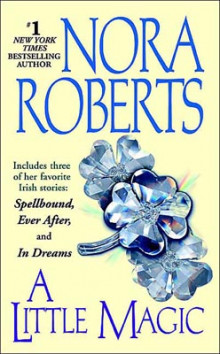 A Little Magic
A Little Magic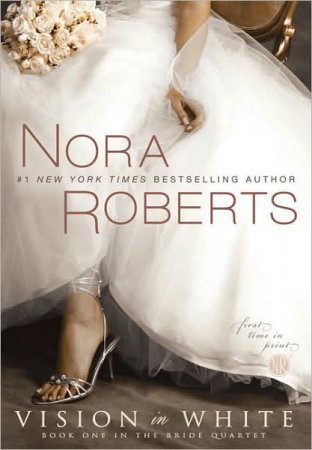 Vision in White
Vision in White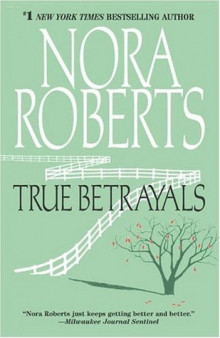 True Betrayals
True Betrayals The Next Always
The Next Always A Man for Amanda
A Man for Amanda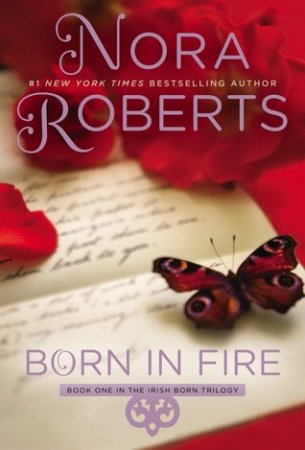 Born in Fire
Born in Fire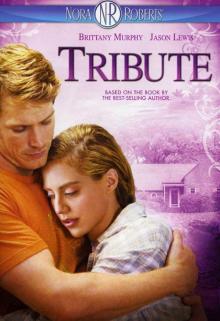 Tribute
Tribute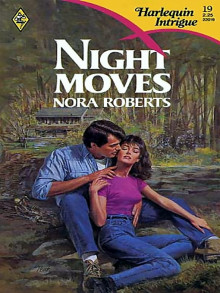 Night Moves
Night Moves Dance Upon the Air
Dance Upon the Air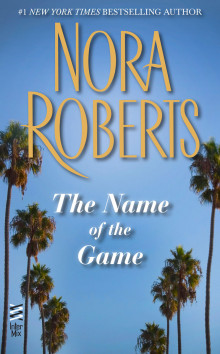 The Name of the Game
The Name of the Game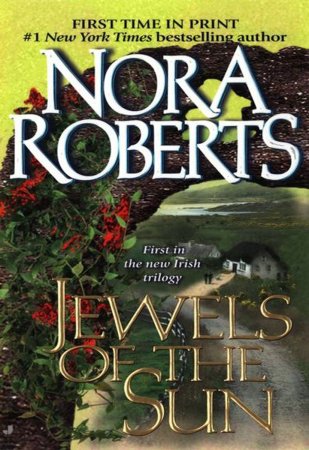 Jewels of the Sun
Jewels of the Sun River's End
River's End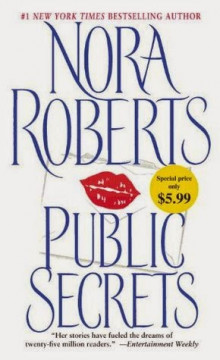 Public Secrets
Public Secrets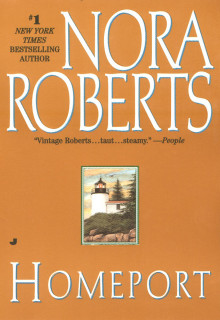 Homeport
Homeport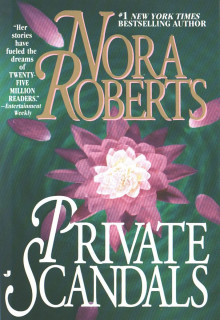 Private Scandals
Private Scandals The Witness
The Witness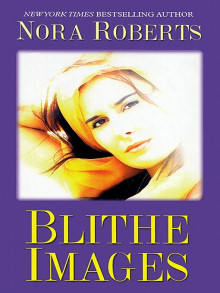 Blithe Images
Blithe Images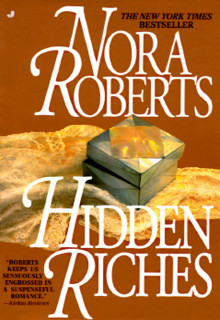 Hidden Riches
Hidden Riches Key of Light
Key of Light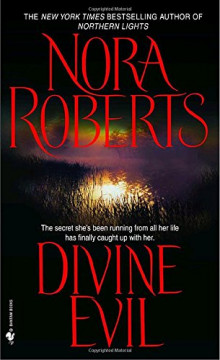 Divine Evil
Divine Evil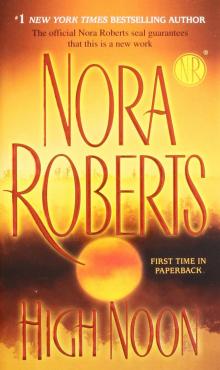 High Noon
High Noon Blue Dahlia
Blue Dahlia Sea Swept
Sea Swept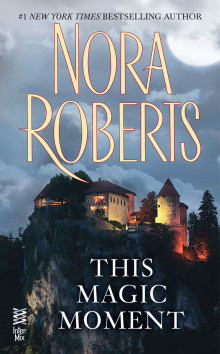 This Magic Moment
This Magic Moment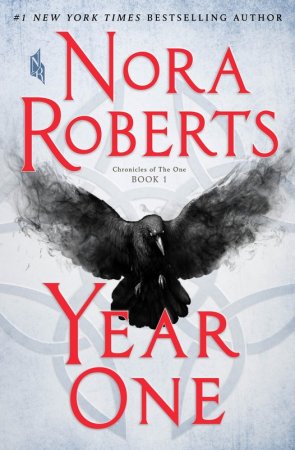 Year One
Year One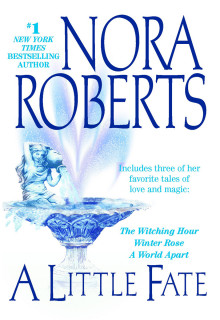 A Little Fate
A Little Fate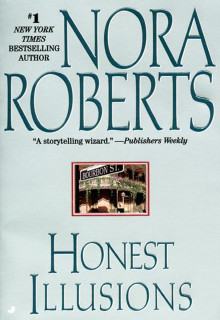 Honest Illusions
Honest Illusions The Reef
The Reef Shelter in Place
Shelter in Place The Hollow
The Hollow Holding the Dream
Holding the Dream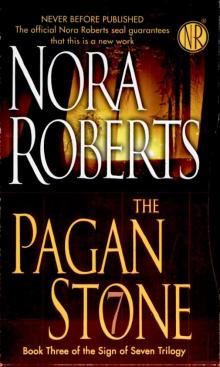 The Pagan Stone
The Pagan Stone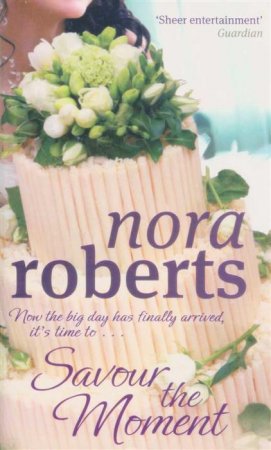 Savour the Moment
Savour the Moment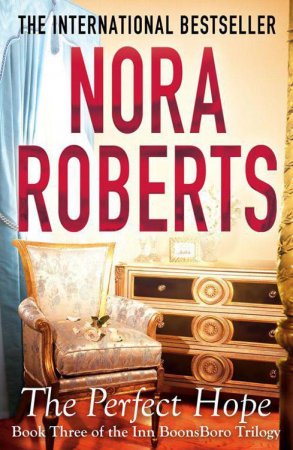 The Perfect Hope
The Perfect Hope Island of Glass
Island of Glass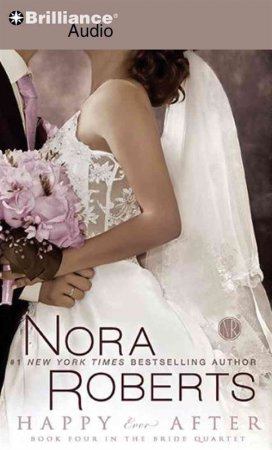 Happy Ever After
Happy Ever After Bed of Roses
Bed of Roses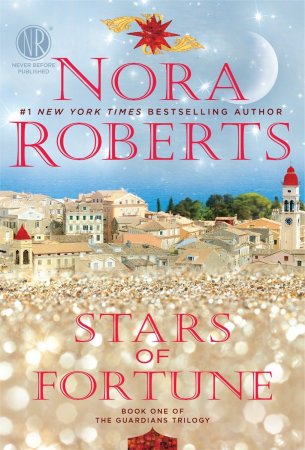 Stars of Fortune
Stars of Fortune Dark Witch
Dark Witch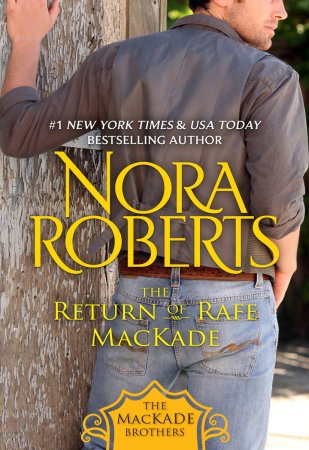 The Return of Rafe MacKade
The Return of Rafe MacKade Chesapeake Blue
Chesapeake Blue The Perfect Neighbor
The Perfect Neighbor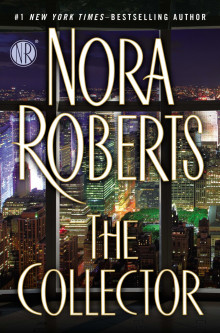 The Collector
The Collector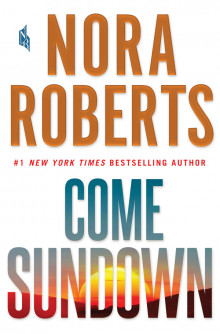 Come Sundown
Come Sundown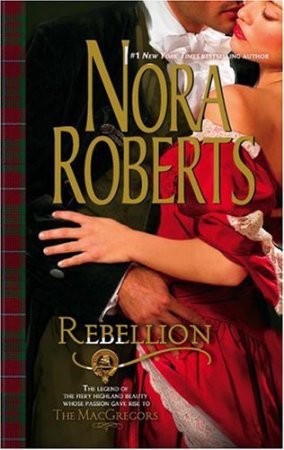 Rebellion
Rebellion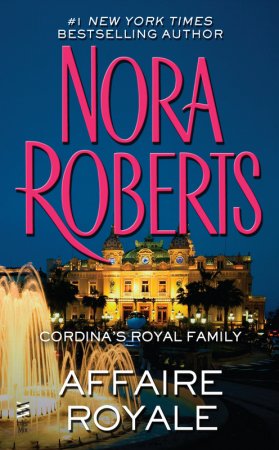 Affaire Royale
Affaire Royale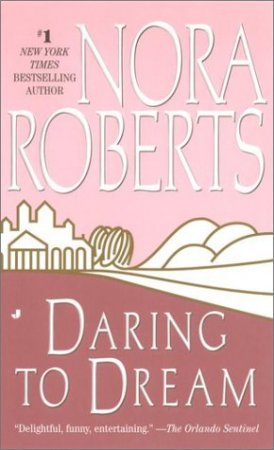 Daring to Dream
Daring to Dream Bay of Sighs
Bay of Sighs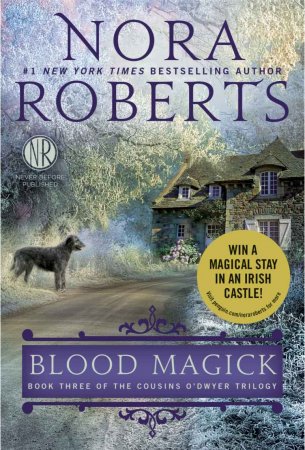 Blood Magick
Blood Magick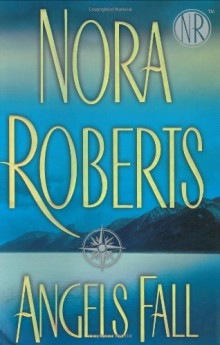 Angels Fall
Angels Fall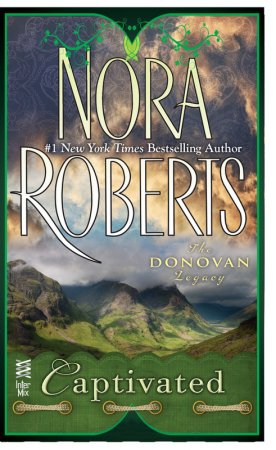 Captivated
Captivated The Last Boyfriend
The Last Boyfriend Irish Thoroughbred
Irish Thoroughbred Inner Harbor
Inner Harbor The Right Path
The Right Path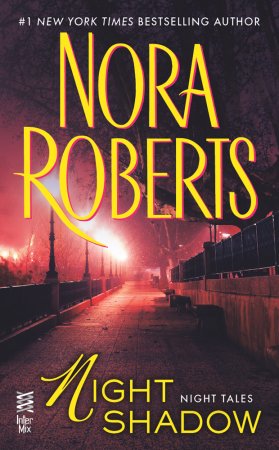 Night Shadow
Night Shadow The Heart of Devin MacKade
The Heart of Devin MacKade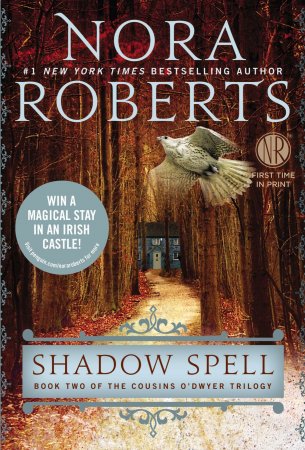 Shadow Spell
Shadow Spell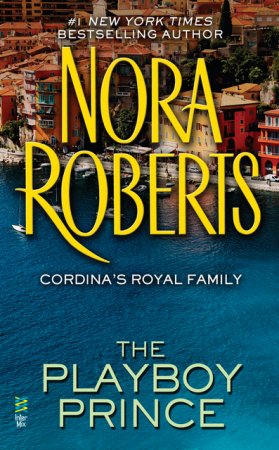 The Playboy Prince
The Playboy Prince The Fall of Shane MacKade
The Fall of Shane MacKade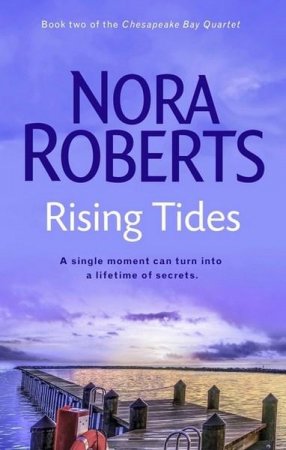 Rising Tides
Rising Tides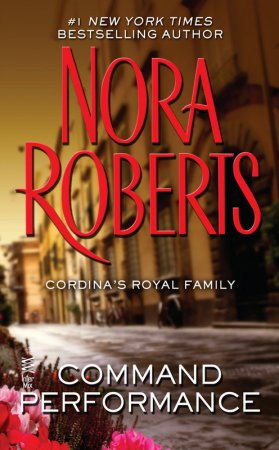 Command Performance
Command Performance Hidden Star
Hidden Star Cordina's Crown Jewel
Cordina's Crown Jewel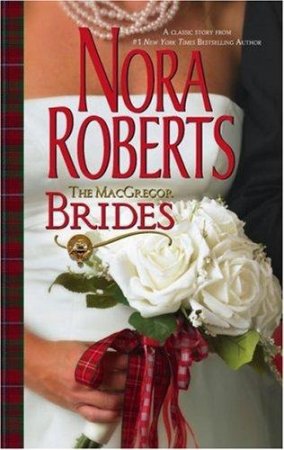 The MacGregor Brides
The MacGregor Brides The Pride of Jared MacKade
The Pride of Jared MacKade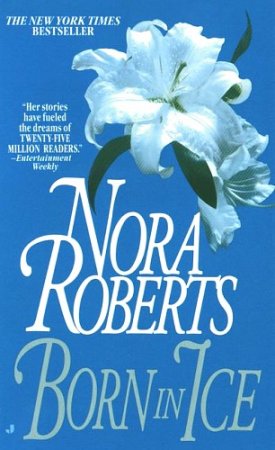 Born in Ice
Born in Ice Whiskey Beach
Whiskey Beach The Last Honest Woman
The Last Honest Woman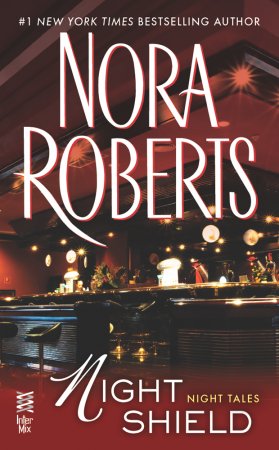 Night Shield
Night Shield Born in Shame
Born in Shame Secret Star
Secret Star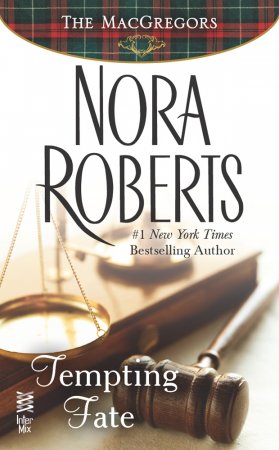 Tempting Fate
Tempting Fate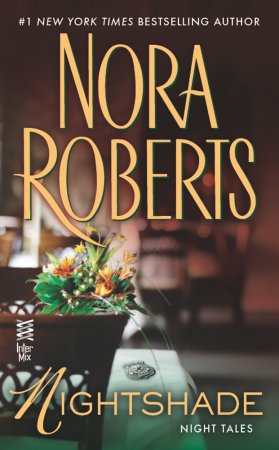 Nightshade
Nightshade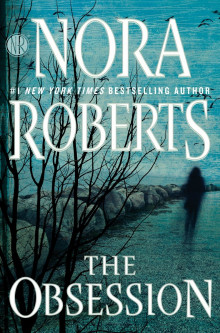 The Obsession
The Obsession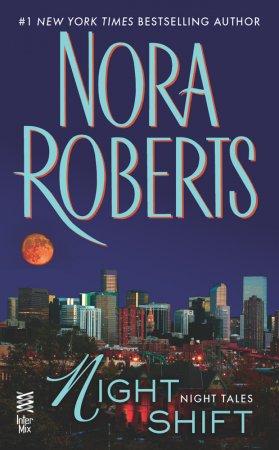 Night Shift
Night Shift Playing The Odds
Playing The Odds Tears of the Moon
Tears of the Moon One Man's Art
One Man's Art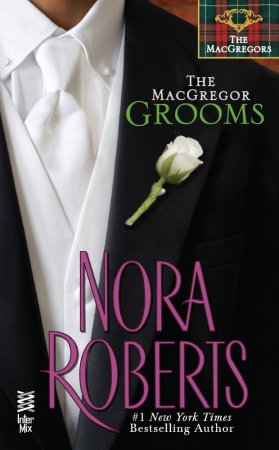 The MacGregor Groom
The MacGregor Groom Irish Rebel
Irish Rebel Morrigan's Cross
Morrigan's Cross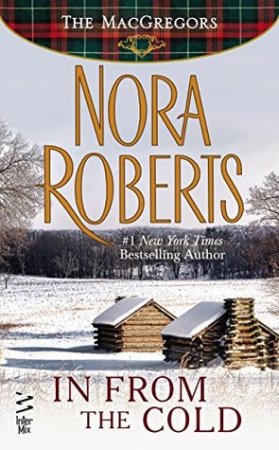 In From The Cold
In From The Cold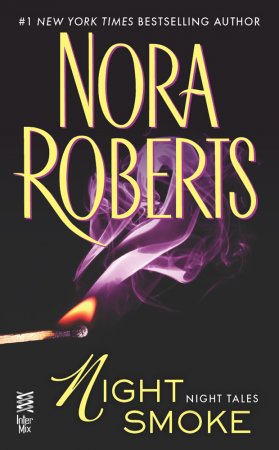 Night Smoke
Night Smoke Finding the Dream
Finding the Dream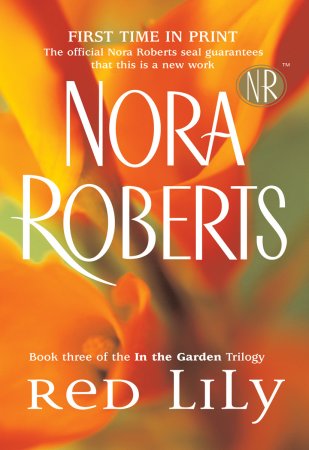 Red Lily
Red Lily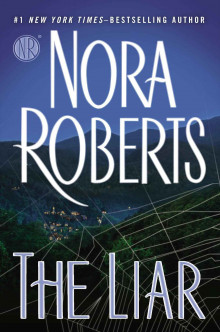 The Liar
The Liar Montana Sky
Montana Sky Heart of the Sea
Heart of the Sea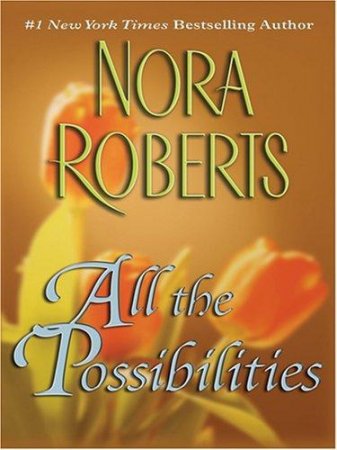 All The Possibilities
All The Possibilities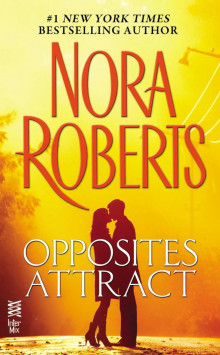 Opposites Attract
Opposites Attract Captive Star
Captive Star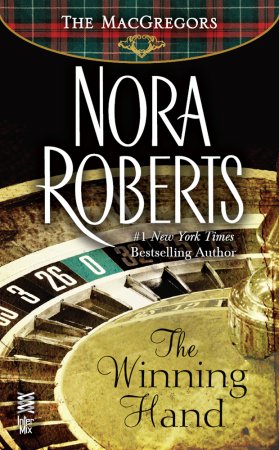 The Winning Hand
The Winning Hand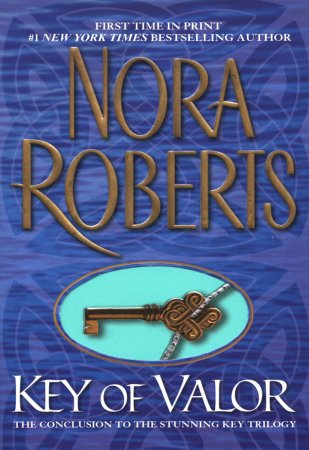 Key of Valor
Key of Valor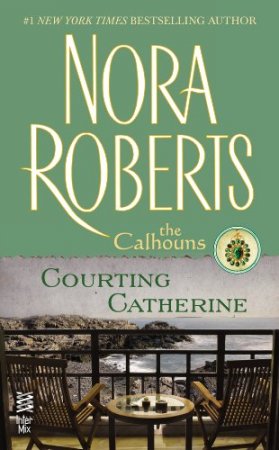 Courting Catherine
Courting Catherine Heaven and Earth
Heaven and Earth Face the Fire
Face the Fire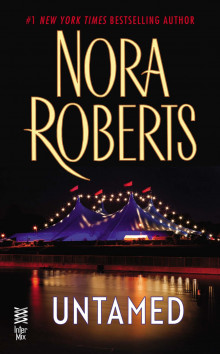 Untamed
Untamed Skin Deep
Skin Deep Enchanted
Enchanted Song of the West
Song of the West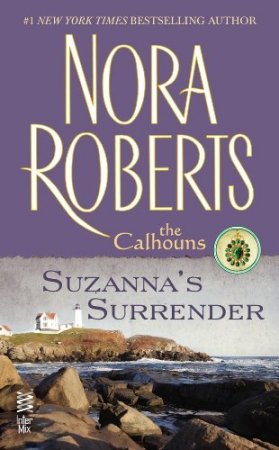 Suzanna's Surrender
Suzanna's Surrender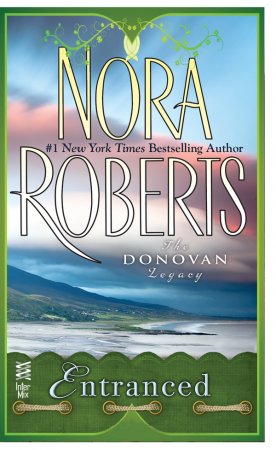 Entranced
Entranced Dance of the Gods
Dance of the Gods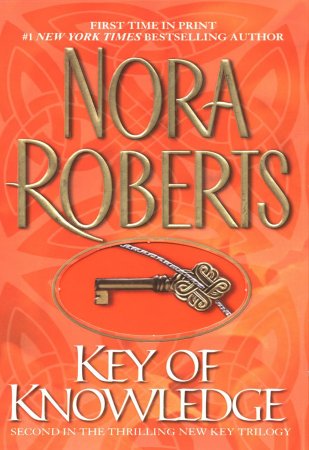 Key of Knowledge
Key of Knowledge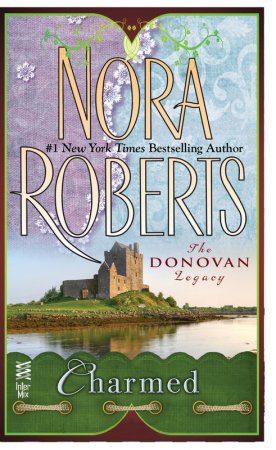 Charmed
Charmed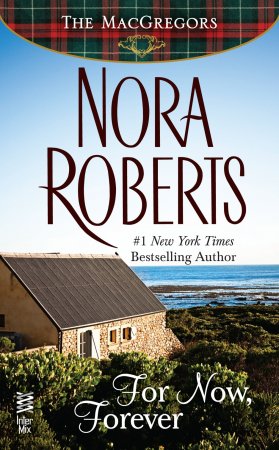 For Now, Forever
For Now, Forever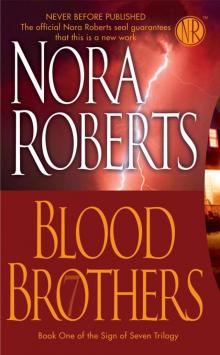 Blood Brothers
Blood Brothers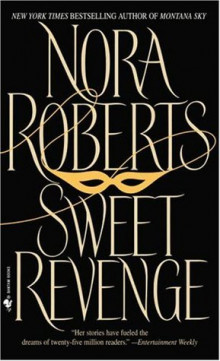 Sweet Revenge
Sweet Revenge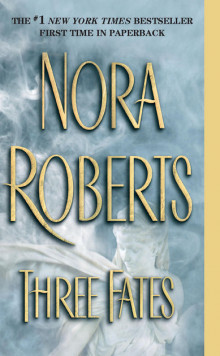 Three Fates
Three Fates Mind Over Matter
Mind Over Matter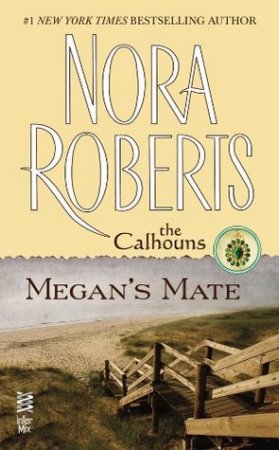 Megan's Mate
Megan's Mate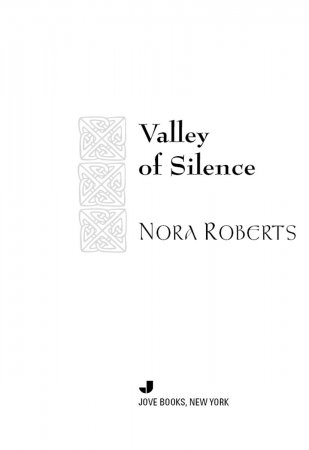 Valley of Silence
Valley of Silence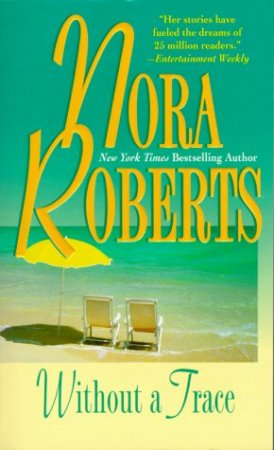 Without A Trace
Without A Trace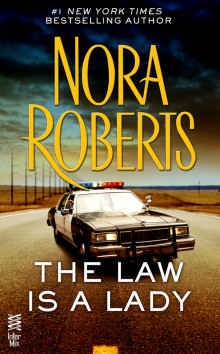 The Law is a Lady
The Law is a Lady Temptation
Temptation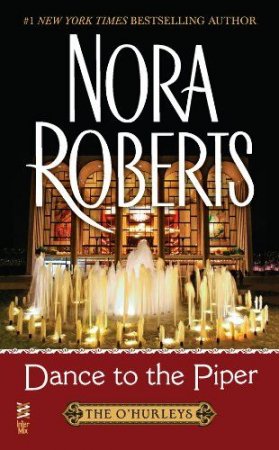 Dance to the Piper
Dance to the Piper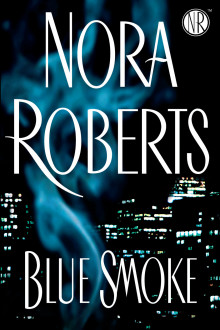 Blue Smoke
Blue Smoke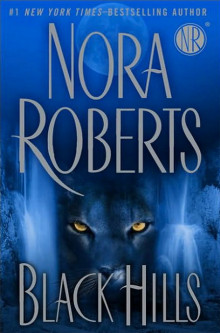 Black Hills
Black Hills The Heart's Victory
The Heart's Victory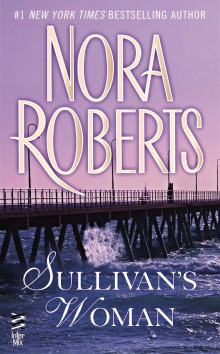 Sullivan's Woman
Sullivan's Woman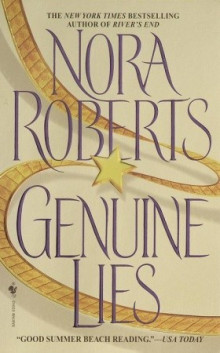 Genuine Lies
Genuine Lies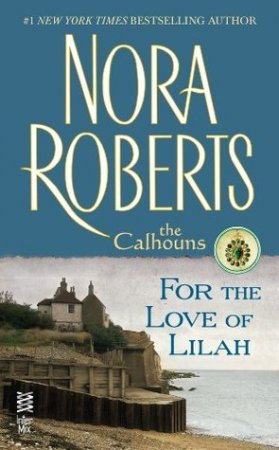 For the Love of Lilah
For the Love of Lilah Gabriel's Angel
Gabriel's Angel Irish Rose
Irish Rose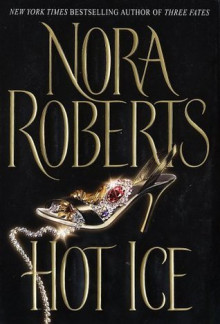 Hot Ice
Hot Ice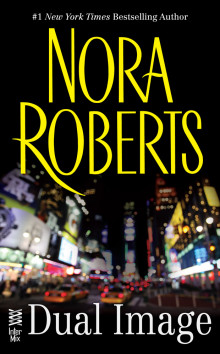 Dual Image
Dual Image Lawless
Lawless Catch My Heart
Catch My Heart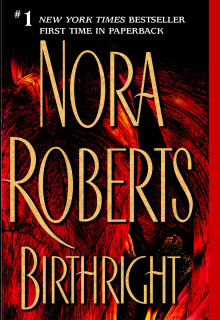 Birthright
Birthright First Impressions
First Impressions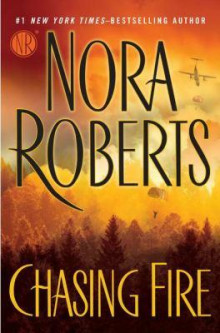 Chasing Fire
Chasing Fire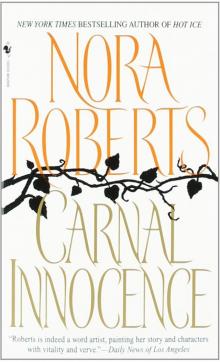 Carnal Innocence
Carnal Innocence Best Laid Plans
Best Laid Plans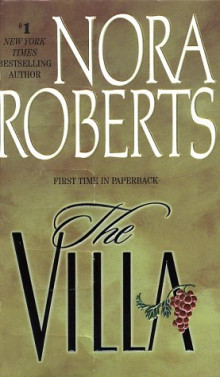 The Villa
The Villa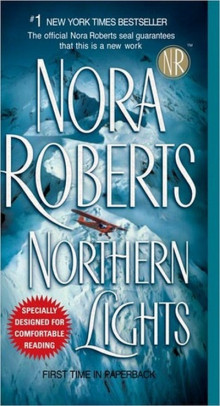 Northern Lights
Northern Lights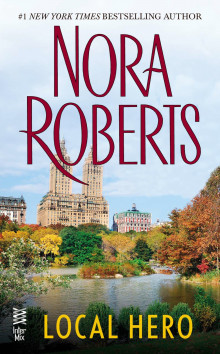 Local Hero
Local Hero Island of Flowers
Island of Flowers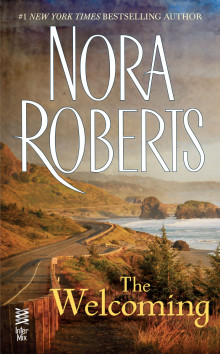 The Welcoming
The Welcoming All I Want for Christmas
All I Want for Christmas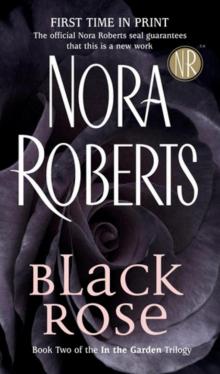 Black Rose
Black Rose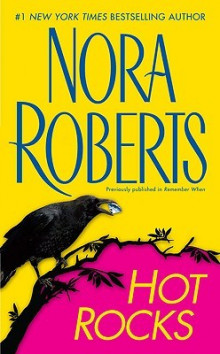 Hot Rocks
Hot Rocks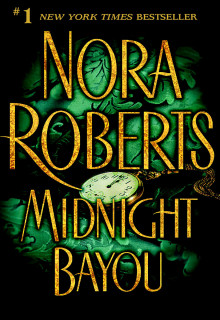 Midnight Bayou
Midnight Bayou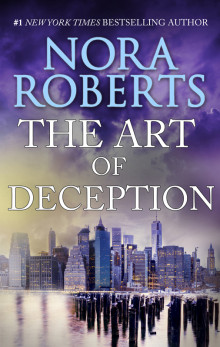 The Art of Deception
The Art of Deception From This Day
From This Day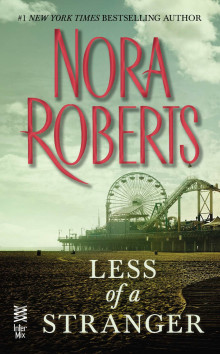 Less of a Stranger
Less of a Stranger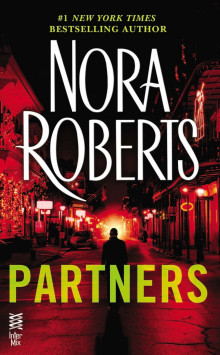 Partners
Partners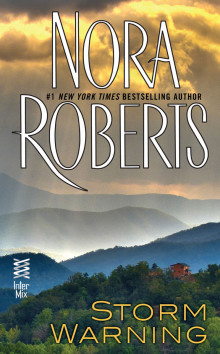 Storm Warning
Storm Warning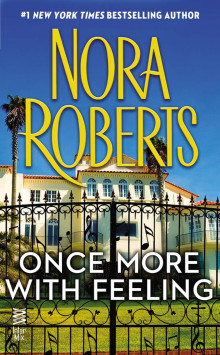 Once More With Feeling
Once More With Feeling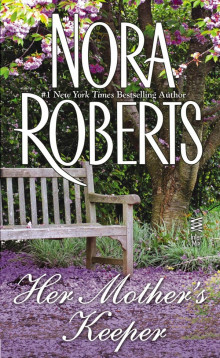 Her Mother's Keeper
Her Mother's Keeper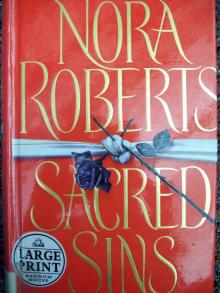 Sacred Sins
Sacred Sins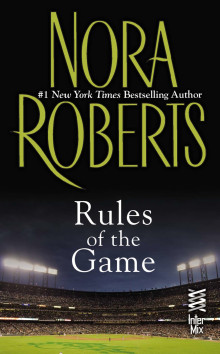 Rules of the Game
Rules of the Game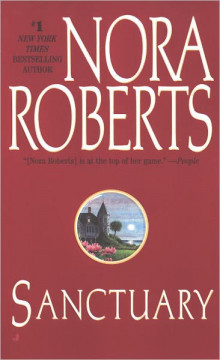 Sanctuary
Sanctuary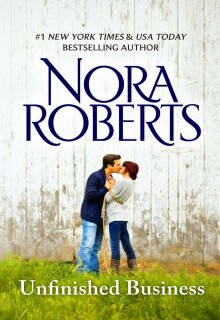 Unfinished Business
Unfinished Business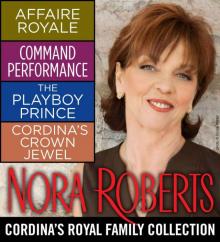 Cordina's Royal Family Collection
Cordina's Royal Family Collection Dangerous Embrace
Dangerous Embrace One Summer
One Summer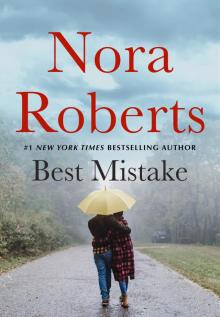 The Best Mistake
The Best Mistake Boundary Lines
Boundary Lines Under Currents
Under Currents The Stanislaski Series Collection, Volume 1
The Stanislaski Series Collection, Volume 1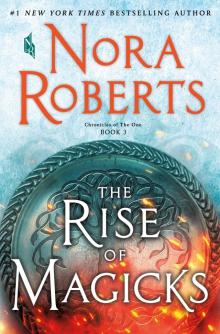 The Rise of Magicks
The Rise of Magicks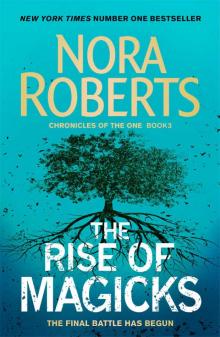 The Rise of Magicks (Chronicles of The One)
The Rise of Magicks (Chronicles of The One) The Awakening: The Dragon Heart Legacy Book 1
The Awakening: The Dragon Heart Legacy Book 1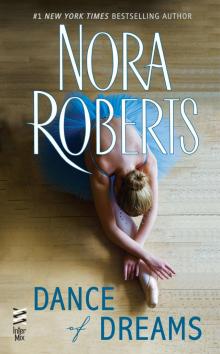 Dance of Dreams
Dance of Dreams Skin Deep: The O'Hurleys
Skin Deep: The O'Hurleys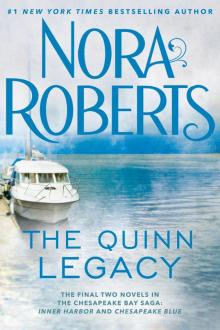 The Quinn Legacy: Inner Harbor ; Chesapeake Blue
The Quinn Legacy: Inner Harbor ; Chesapeake Blue![[Chronicles of the One 03.0] The Rise of Magicks Read online](http://i1.bookreadfree.com/11/chronicles_of_the_one_03_0_the_rise_of_magicks_preview.jpg) [Chronicles of the One 03.0] The Rise of Magicks
[Chronicles of the One 03.0] The Rise of Magicks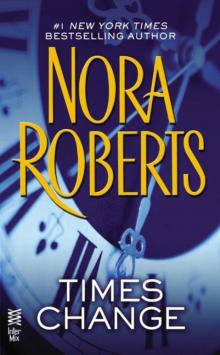 Times Change
Times Change Dance to the Piper: The O'Hurleys
Dance to the Piper: The O'Hurleys Christmas In the Snow: Taming Natasha / Considering Kate
Christmas In the Snow: Taming Natasha / Considering Kate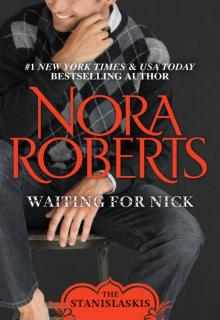 Waiting for Nick
Waiting for Nick Summer Desserts
Summer Desserts Dream 2 - Holding the Dream
Dream 2 - Holding the Dream The Novels of Nora Roberts, Volume 2
The Novels of Nora Roberts, Volume 2 In the Garden Trilogy
In the Garden Trilogy Eight Classic Nora Roberts Romantic Suspense Novels
Eight Classic Nora Roberts Romantic Suspense Novels Best Laid Plans jh-2
Best Laid Plans jh-2 From the Heart
From the Heart Holiday Wishes
Holiday Wishes Dream 1 - Daring to Dream
Dream 1 - Daring to Dream Second Nature
Second Nature Summer Pleasures
Summer Pleasures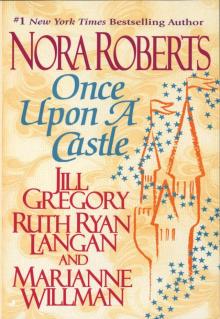 Once Upon a Castle
Once Upon a Castle Stars of Mithra Box Set: Captive StarHidden StarSecret Star
Stars of Mithra Box Set: Captive StarHidden StarSecret Star Impulse
Impulse The Irish Trilogy by Nora Roberts
The Irish Trilogy by Nora Roberts The Pride Of Jared Mackade tmb-2
The Pride Of Jared Mackade tmb-2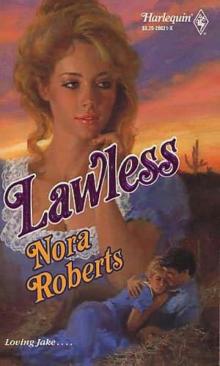 Lawless jh-3
Lawless jh-3 Taming Natasha
Taming Natasha Endless Summer
Endless Summer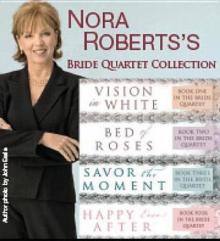 Bride Quartet Collection
Bride Quartet Collection Happy Ever After tbq-4
Happy Ever After tbq-4 Heart Of The Sea goa-3
Heart Of The Sea goa-3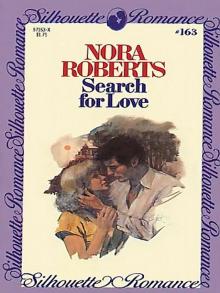 Search for Love
Search for Love Once upon a Dream
Once upon a Dream Once Upon a Star
Once Upon a Star Dream Trilogy
Dream Trilogy Risky Business
Risky Business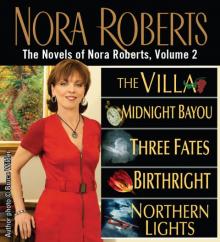 The Novels of Nora Roberts, Volume 3
The Novels of Nora Roberts, Volume 3 Dream 3 - Finding the Dream
Dream 3 - Finding the Dream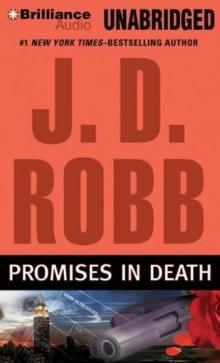 Promises in Death id-34
Promises in Death id-34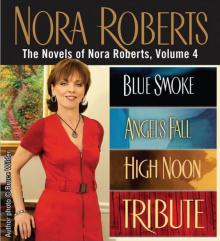 The Novels of Nora Roberts, Volume 4
The Novels of Nora Roberts, Volume 4 The Perfect Hope ib-3
The Perfect Hope ib-3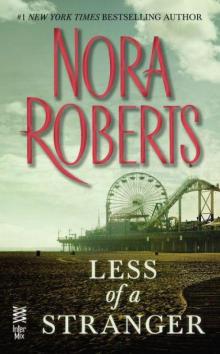 Less than a Stranger
Less than a Stranger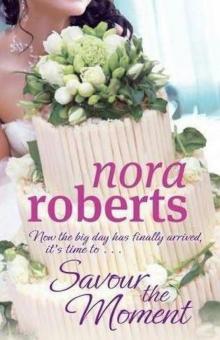 Savour the Moment: Now the Big Day Has Finally Arrived, It's Time To...
Savour the Moment: Now the Big Day Has Finally Arrived, It's Time To... Convincing Alex
Convincing Alex Bed of Roses tbq-2
Bed of Roses tbq-2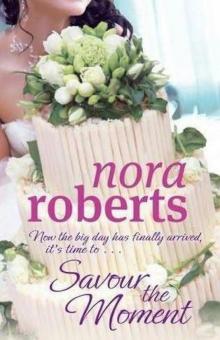 Savour the Moment tbq-3
Savour the Moment tbq-3 Lessons Learned
Lessons Learned Key Of Valor k-3
Key Of Valor k-3 Red lily gt-3
Red lily gt-3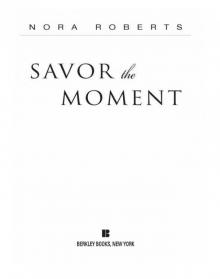 Savor the Moment
Savor the Moment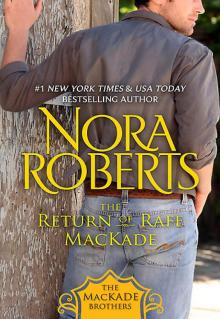 The Return Of Rafe Mackade tmb-1
The Return Of Rafe Mackade tmb-1 For The Love Of Lilah tcw-3
For The Love Of Lilah tcw-3 Black Rose gt-2
Black Rose gt-2 Novels: The Law is a Lady
Novels: The Law is a Lady Chesapeake Bay Saga 1-4
Chesapeake Bay Saga 1-4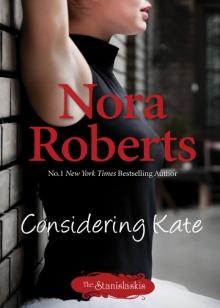 Considering Kate
Considering Kate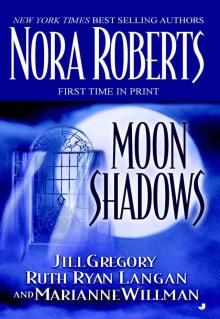 Moon Shadows
Moon Shadows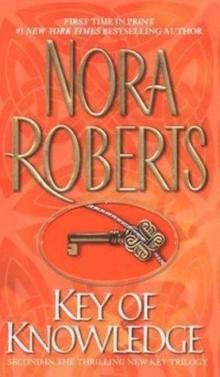 Key of Knowledge k-2
Key of Knowledge k-2 The Sign of Seven Trilogy
The Sign of Seven Trilogy Once Upon a Kiss
Once Upon a Kiss The Novels of Nora Roberts, Volume 5
The Novels of Nora Roberts, Volume 5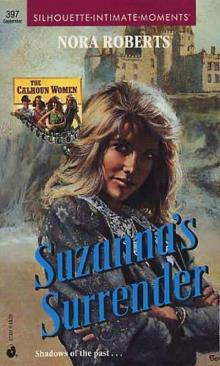 Suzanna's Surrender tcw-4
Suzanna's Surrender tcw-4 The Quinn Brothers
The Quinn Brothers Falling for Rachel
Falling for Rachel Brazen Virtue
Brazen Virtue Time Was
Time Was The Gallaghers of Ardmore Trilogy
The Gallaghers of Ardmore Trilogy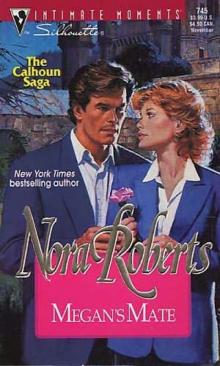 Megan's Mate tcw-5
Megan's Mate tcw-5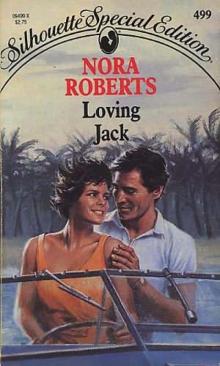 Loving Jack jh-1
Loving Jack jh-1 Rebellion & In From The Cold
Rebellion & In From The Cold Blue Dahlia gt-1
Blue Dahlia gt-1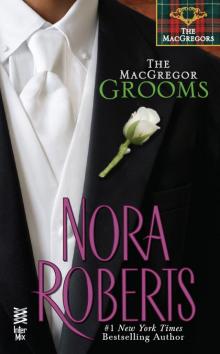 The MacGregor Grooms
The MacGregor Grooms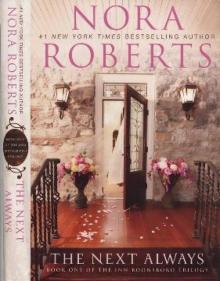 The Next Always tibt-1
The Next Always tibt-1 The Heart Of Devin Mackade tmb-3
The Heart Of Devin Mackade tmb-3 The Novels of Nora Roberts Volume 1
The Novels of Nora Roberts Volume 1 Treasures Lost, Treasures Found
Treasures Lost, Treasures Found Nora Roberts's Circle Trilogy
Nora Roberts's Circle Trilogy The Key Trilogy
The Key Trilogy The Fall Of Shane Mackade tmb-4
The Fall Of Shane Mackade tmb-4 A Will And A Way
A Will And A Way Jewels of the Sun goa-1
Jewels of the Sun goa-1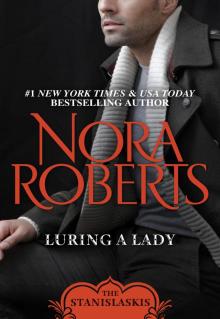 Luring a Lady
Luring a Lady